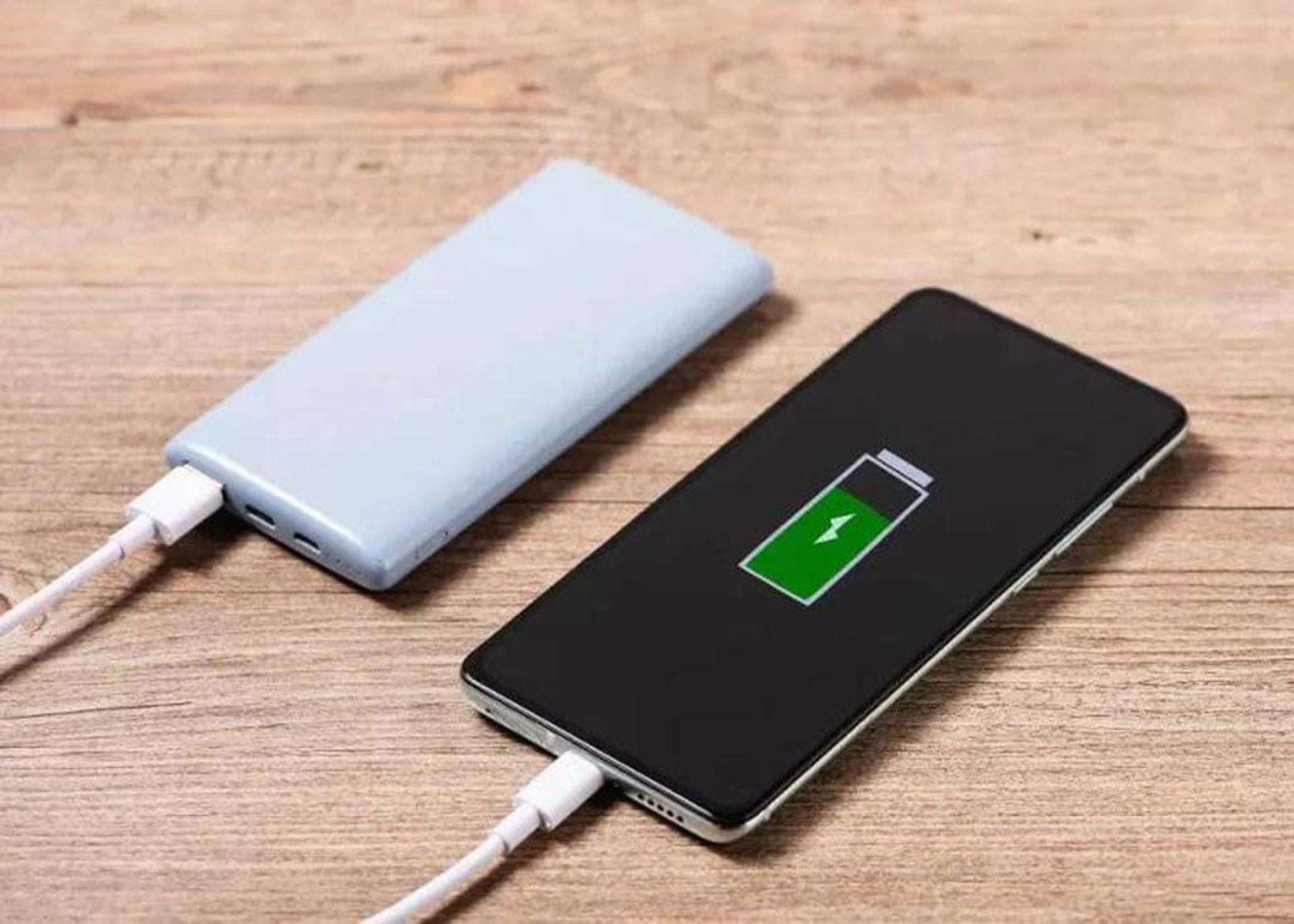On the 30th, China’s Ministry of State Security issued a security alert article, exposing the latest espionage methods employed by foreign agents. The article points out that certain foreign intelligence agencies and malicious individuals have implanted backdoor programs in shared power banks, using this method to steal citizens’ personal privacy and even state secrets.
The article states that some foreign intelligence agencies or malicious actors may exploit weaknesses across the production, sales, and deployment stages of shared power banks—where strict scrutiny is difficult—to infiltrate and control these devices. They may take the opportunity to install miniature computer chips or other malicious hardware inside, allowing them to establish a data channel while charging, and steal data from users’ smart devices, such as address books, photos, videos, social media accounts, or payment information. A large amount of critical data can be stolen in a very short time.
There are also cases where modified shared power banks exploit users’ anxiety when their phones run out of battery, using technical means to set up misleading prompts—such as “Do you trust this device?” or “Allow USB debugging?”. The goal is to induce users to click “Trust” or “Allow”, which enables hackers to bypass security restrictions and gain control over the user’s smart device, for example to eavesdrop or surveil. Some foreign intelligence organizations or individuals further pre-install trojans or spy software in shared charging equipment; even if users disconnect their devices, the malicious programs can continue to run in the background, essentially turning a user’s phone into a “monitor”.
The article also points out that certain foreign intelligence agencies can illegally obtain back-end operational data from shared power banks and use artificial intelligence technology to analyze the data deeply, such as users’ locations and usage patterns, to map out individual or group behavior trajectories and activity patterns. This makes it possible to monitor and locate sensitive target populations and engage in activities that endanger security.
